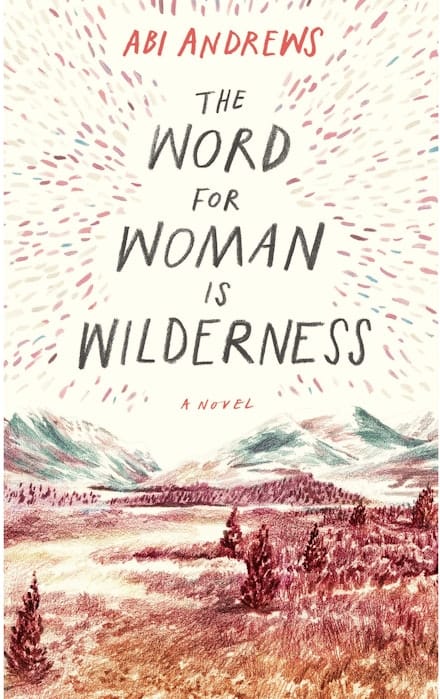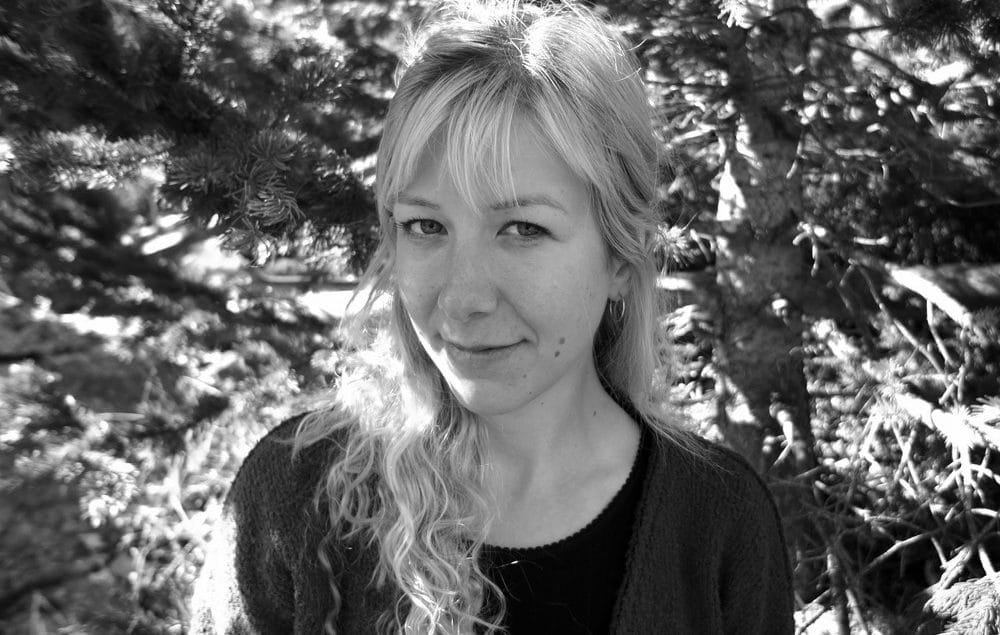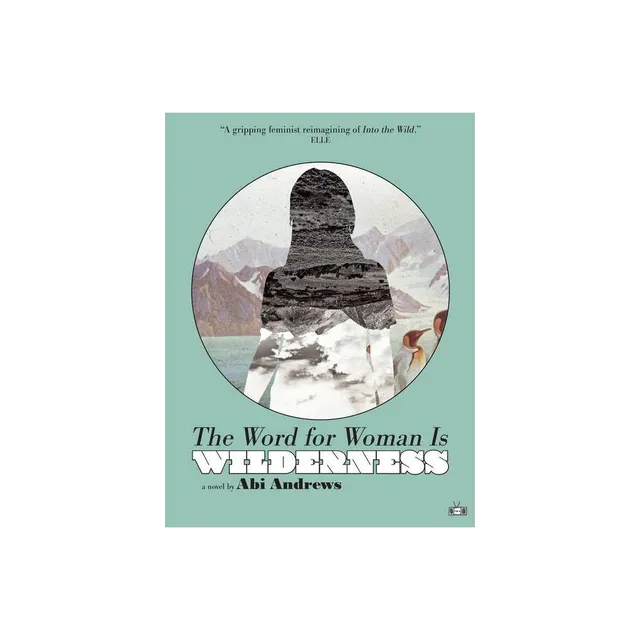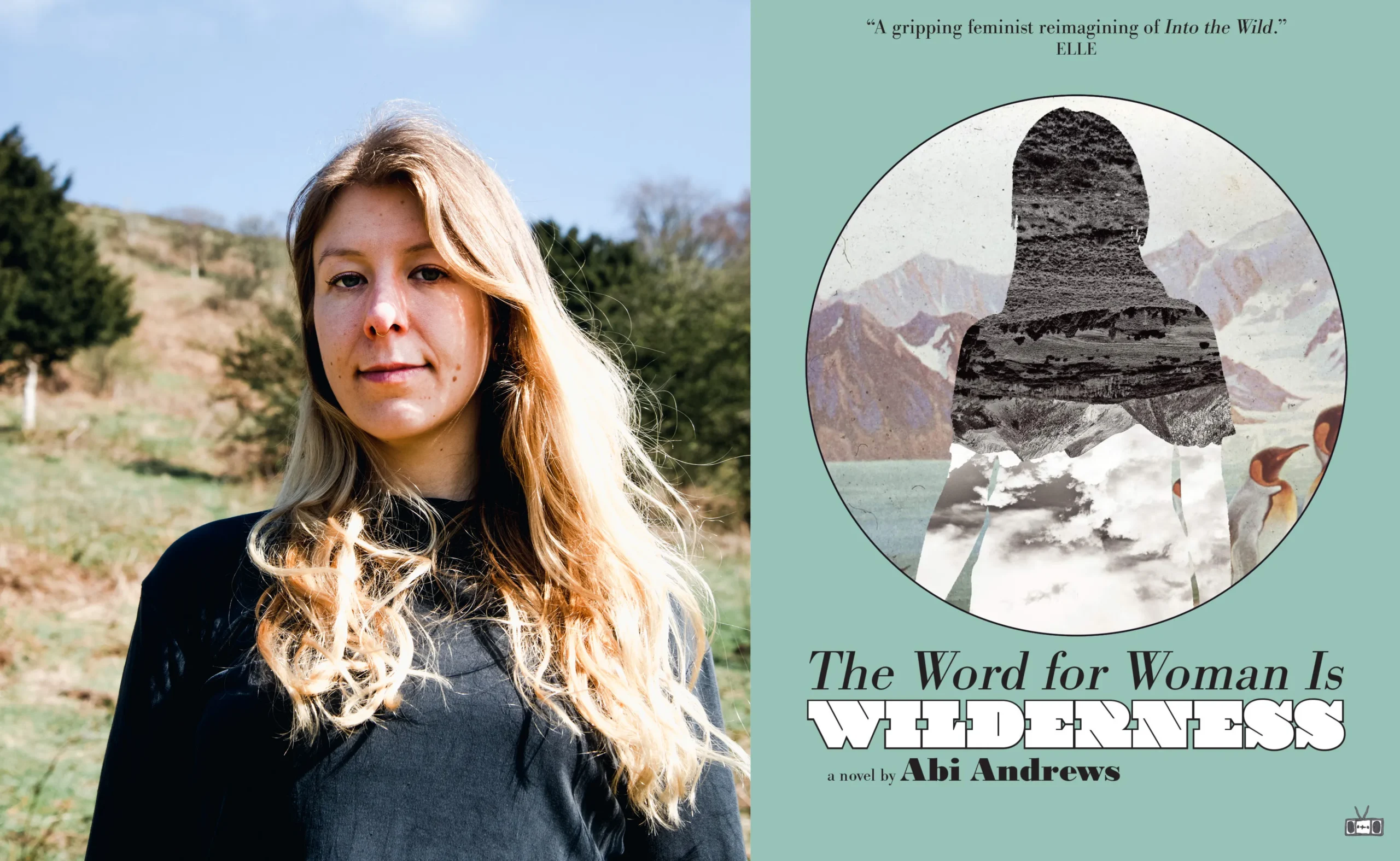‘The Word for Woman is Wilderness,’ penned by Abi Andrews, emerges as a distinctive contribution to contemporary literature. This novel, published in 2018, is not merely a journey through the Alaskan wilderness but an introspective voyage into themes of feminism, nature, and self-discovery. The narrative centers on Erin, a nineteen-year-old protagonist making an arduous trek from Britain to Alaska. Her adventure serves as a catalyst for deeper reflections that challenge societal norms and conventional gender roles.
Abi Andrews, an emerging voice in modern literature, showcases her profound understanding of environmental activism and feminist discourse. Born in 1991 in the UK, Andrews pursued studies in Environmental Humanities and Creative Writing, which are profoundly reflected in her narrative. Her academic background and her passion for the outdoors are woven into the fabric of Erin’s story, offering readers a rich, layered experience.
The novel adopts an epistolary style, combining Erin’s journal entries, footnotes, and letters. This unique narrative approach allows readers to intimately engage with the protagonist’s internal and external experiences. Erin’s reflections span a broad spectrum, from the ecological impact of humans on nature to the intricate tapestry of women’s history and their relationships with the wild.
Set against the rugged backdrop of Alaska, the novel elevates the theme of journey, both literally and metaphorically. Andrews utilizes Erin’s physical journey to Alaska as a means to explore greater philosophical and existential themes. The choice of Alaska as the setting underscores the novel’s thematic focus on untouched nature, resilience, and isolation. Erin’s encounters and observations throughout her journey illuminate the intersection of wilderness and womanhood, making readers contemplate the broader implications of a woman’s place in the natural world.
‘The Word for Woman is Wilderness’ stands as an ode to feminist and environmental thought, driving home the intrinsic connections between the two. Andrews’ debut novel is not only a testament to her literary prowess but also a clarion call to rethink and reaffirm the roles of women in both society and nature.

Exploring Feminism in the Narrative
Abi Andrews’ ‘The Word for Woman is Wilderness’ is a profound exploration of feminism through the transformative journey of its protagonist, Erin. Andrews intricately weaves feminist themes into Erin’s physical and emotional journey, crafting a narrative rich with insights into self-discovery and empowerment within a predominantly male-oriented world.
From the very beginning, Erin’s voyage to Alaska emerges as a compelling emblem of her pursuit of autonomy and resistance against societal norms. As she navigates the rugged wilderness, she simultaneously traverses the complexities of gender expectations imposed on her. Erin’s decision to embark on a solo expedition defies the conventional script of female dependency and reasserts her agency in a domain typically reserved for men.
The novel poignantly illustrates Erin challenging traditional gender roles, particularly through her interactions with male characters. Her encounters with male figures, such as survivalists and fellow travelers, often bring to the forefront the implicit biases and patriarchal attitudes she seeks to dismantle. These interactions are pivotal in unraveling the subtleties of feminism, revealing a spectrum of societal expectations and Erin’s unwavering determination to redefine herself outside these constraints.
Andrews uses Erin’s evolving relationships to both reinforce and question feminist principles. For instance, her dialogues with men who trivialize her ambitions or exhibit condescension evoke a critical reflection on the often dismissive regard society holds for women’s capabilities. Conversely, positive interactions underscore the potential for equality and respect in a world where gender prejudices are progressively dismantled.
Erin’s transcendence from societal expectations also extends to her introspective journey, symbolizing a broader feminist awakening. Her reflections and lived experiences paint a vivid tapestry of a woman breaking free from the shackles of conventional femininity and discovering an inner strength that resonates with many readers.

The Voice of Women in Literature and Life
In ‘The Word for Woman is Wilderness’ by Abi Andrews, the narrative voice of Erin signifies a profound contribution to literature’s portrayal of women’s experiences. Andrews’ work meticulously navigates the intersection of gender and identity, shedding light on the multifaceted nature of womanhood. Erin’s narrative is a powerful tool that aligns her thoughts and actions with a broader feminist perspective, encapsulating the essence of both individuality and collective female struggle in societal contexts. Her journey into the wilds of Alaska becomes a metaphorical passage through the wilderness of defining one’s identity apart from societal constraints.
This novel stands out in contemporary literature through its unique blend of introspection and environmentalism. Erin’s voice is not merely a representation but an embodiment of female resilience and introspection. Abi Andrews utilizes this character to challenge normative narratives, presenting a raw, unfiltered examination of female ethos. The portrayal of Erin’s thoughts and experiences reflects a broader discourse that has been evolving through literary works by other female authors as well, creating a rich dialogue around the complexities of the female experience.
Moreover, ‘The Word for Woman is Wilderness’ delves into the significance of outdoor spaces in women’s lives—a theme that resonates with contemporaries like Cheryl Strayed’s Wild and Elizabeth Gilbert’s The Signature of All Things. These narratives also foreground the transformational journeys of women, yet Andrews’ approach remains distinct in its synthesis of personal narrative with ecological consciousness. This narrative strategy underscores the interconnection between nature and female identity, a theme that’s becoming increasingly pivotal in feminist literature.
Abi Andrews’ novel is thus a critical addition to the literary landscape, carving a space for women’s voices that reflect strength, complexity, and a profound connection to the natural world. In doing so, the book not only contributes to the discourse on gender but also invites readers to reexamine the boundaries of identity and the significance of women’s perspectives in understanding our relationship with the world around us.

Nature as a Feminist Space
In Abi Andrews’ novel, “The Word for Woman is Wilderness,” the natural world emerges as a powerful and multifaceted symbol intertwined with feminist themes. Throughout the narrative, the protagonist, Erin, embarks on an audacious journey through the wild landscapes of Alaska. This journey is not merely a physical expedition but a profound quest for autonomy and self-discovery, reflecting her rejection of societal constraints. By venturing into the wilderness, Erin seeks to break free from patriarchal norms and carve out a space where she can explore and affirm her identity as a woman.
The depiction of nature in the novel transcends its literal geographical context and becomes a metaphorical haven where women can find refuge from the limitations imposed by society. It is within this untamed wilderness that Erin finds the freedom to challenge traditional gender roles, embodying a spirit of resilience and independence. The vast, uncharted territories symbolize unbounded potential and the promise of transformation, aligning with feminist ideals of liberation and self-empowerment.
Furthermore, the novel intertwines ecological themes with feminist ideas, emphasizing the interconnectedness among women, nature, and sustainability. Andrews’ portrayal of nature underscores the importance of harmony and coexistence, which resonate with eco-feminist philosophies. This perspective promotes the idea that societal advancement and ecological preservation are deeply interlinked, advocating for a more inclusive and equitable world that respects both women and the environment. Erin’s journey through the wilderness not only reflects her personal emancipation but also calls attention to broader ecological and feminist concerns.
In conclusion, “The Word for Woman is Wilderness” uses the backdrop of the Alaskan wilderness to vividly encapsulate feminist themes. Erin’s exploration of natural landscapes serves as a potent catalyst for rejecting societal limitations and embracing a more authentic self. By situating nature as a feminist space, Abi Andrews thoughtfully highlights the parallels between personal freedom and environmental awareness, offering readers a compelling narrative that champions the interdependence of ecological and feminist pursuits.









